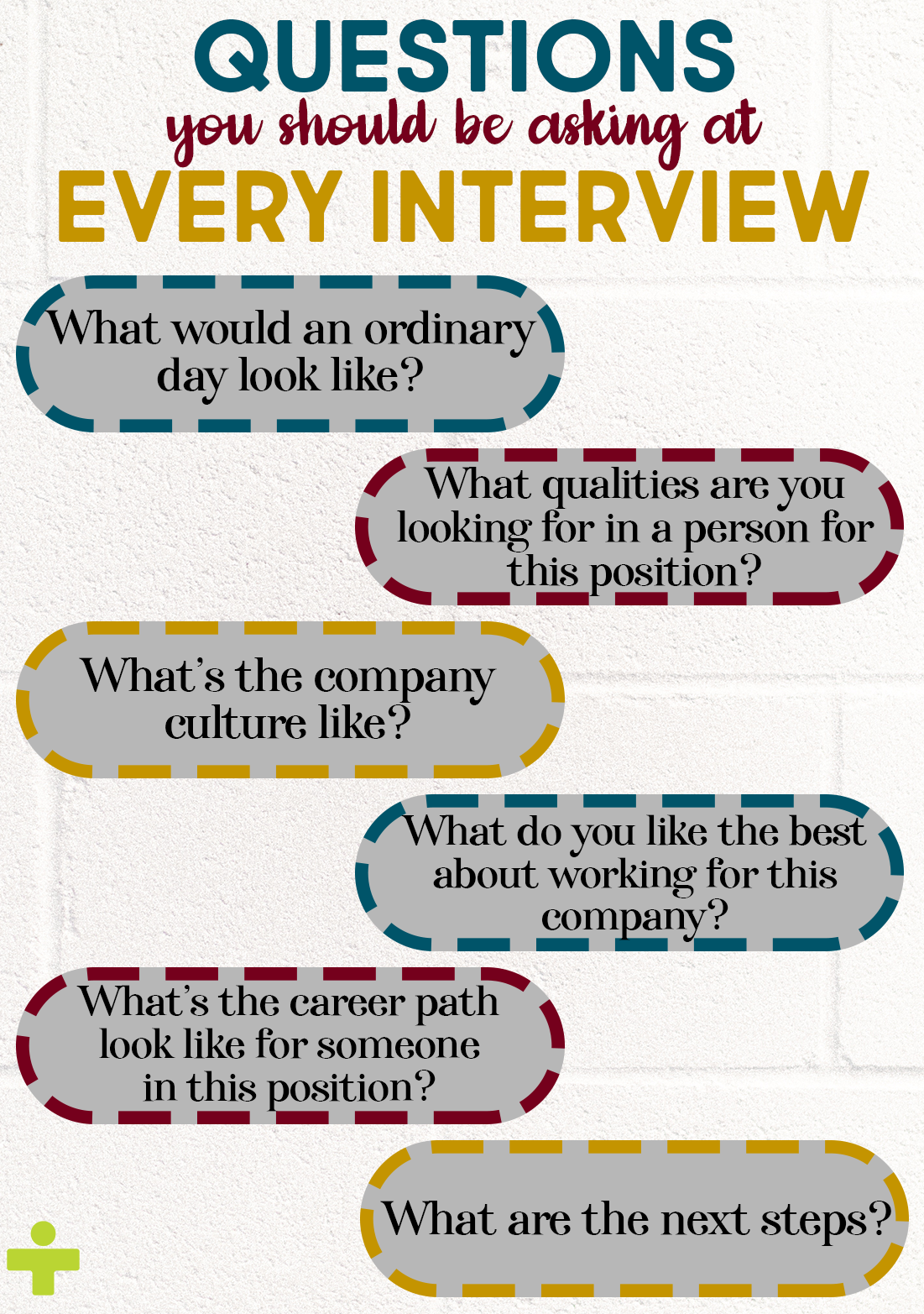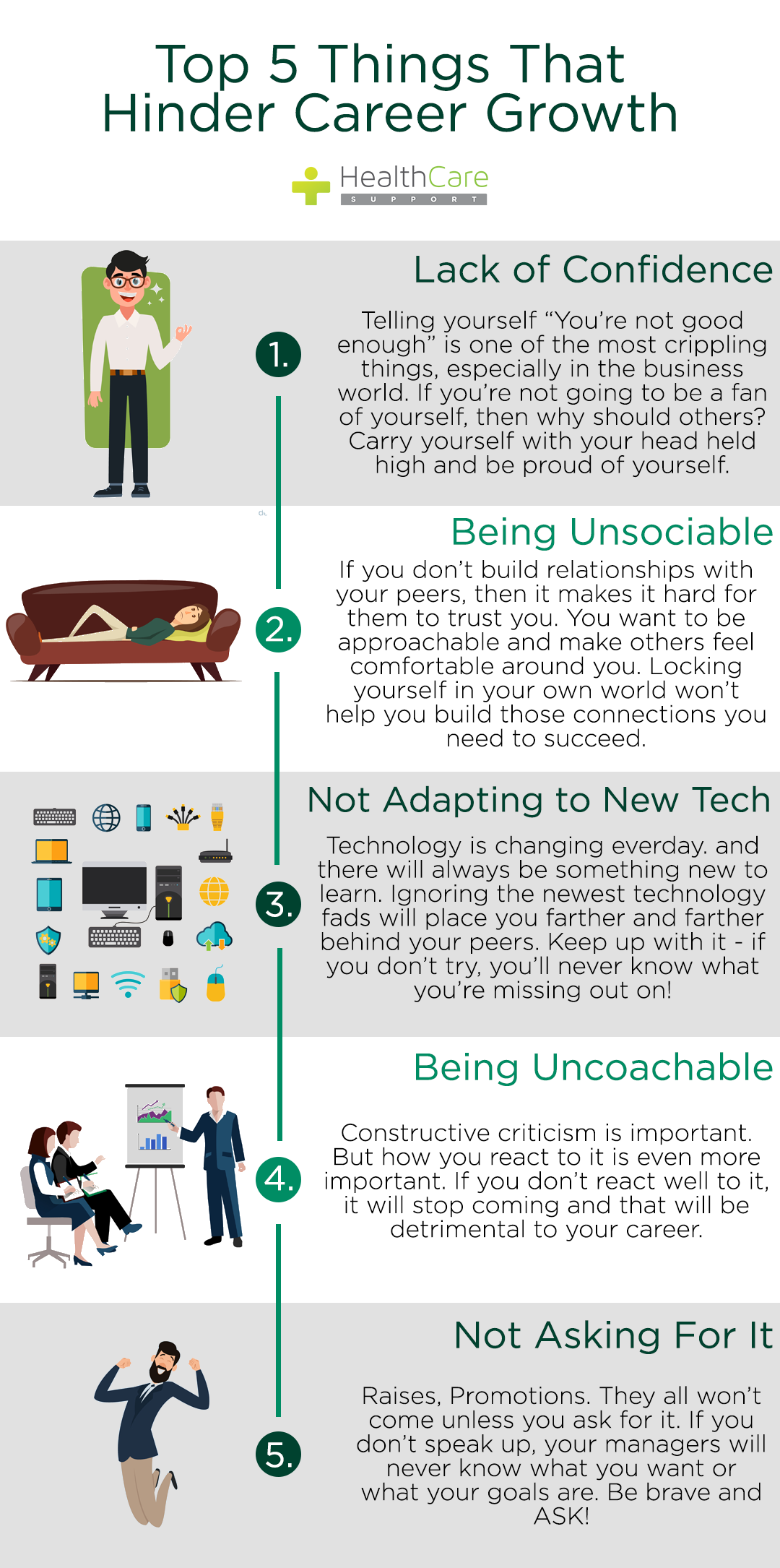Asking questions during an interview allows the interviewer to know you are interested in the position and you are serious about the company. You also want to make sure you’re getting every single piece of information about the position and the company before you accept the job. so, which questions should you be asking to give you a good feeling about what this opportunity is all about?
Tag Archives: hiring
Creating Career Independence this Independence Day
Independence Day is creeping up on us all this summer, which means we already have six months of 2019 under our belt… Crazy, right? This seems like a firecrackin’ time to do some self-reflecting on your career and your career independence. Career independence is the ability to be in charge of your own career, goals, and dreams. In honor of this beautiful day, the land of the free, and the home of the brave, here are ten tips to achieve career independence.
1. The first thing you can do to establish career independence is always to have your resume updated. An amazing opportunity can come up at the most random times and you want to make sure you’re prepared. You should also double-check that your LinkedIn profile matches with your resume and your profile picture is recent and professional.
2. Turn that television off! No Netflix, no Hulu, no Amazon Prime. Instead, read a book. There are so many benefits, such as, improving your memory, reducing stress, expanding your vocabulary, and improving your overall knowledge. And on the other end, watching television is bad for your brain and your health. If you don’t know where to start, grab a career book and read it! Reading career books can spark creativity and energy. It can also motivate you to try new things that could up your career game and can change your outlook on where you’re at in your professional life.
3. Write down all your career experiences – the good, the bad, and the ugly. Keeping them in a journal is a great way to learn from your experiences and it helps to see what you are doing well and what you can be doing better at. You are your own greatest critic, so let’s make it constructive criticism!
4. Being confident and comfortable with yourself is easier said than done, but it’s so important, especially in the professional world. Confidence is an attractive quality to have; even more so when you’re working a business deal or hiring someone new. We are attracted to the people who are enthusiastic about their skills and knowledge because we know they can handle whatever we throw at them without having to “hold their hand”. Lastly, think about it this way: if you don’t appreciate yourself, then why should others?
5. Don’t get confidence confused with your ego. In fact, leave your ego at the door. No one likes a boaster who thinks they are too good for everyone. It not only is annoying, but it’s hard to work alongside them.
6. If you ever get bored with your job, you have two choices and you need to decide for yourself what you’re going to do about it: quit your job and move on, or learn how to fall back in love with your job. For you to establish career independence, you must choose one. If you choose the latter, a couple of things to try are learning something new, taking more breaks throughout the day, starting a side hustle, or reflecting back on what it was like before you started the position – a little nostalgia can go a long way. However, if you’ve decided it’s time for a new job, allow yourself some time to apply for jobs and have interviews before you quit. That way you won’t be in financial trouble.
7. Keep your expertise up to date. If you have skills from a previous position that you aren’t using in your current role, take some online courses to refresh your mind. If you have any certifications or credentials, keep them up to date.
8. Knowledge is never-ending. There are always new things to learn and excel at. Take the time to do so by watching videos, reading articles and books, and taking online courses. Technology is changing every day so why not stay all caught up with the latest trends?!
9. Stop. Networking. Keep in touch with old coworkers by asking them out for coffee or lunch. Down the road, they could be the ones to assist you in getting your dream job. Also, stay connected with all your old and current coworkers by following them on LinkedIn, it’s a great tool to use when reconnecting!
10. Are you subscribed to any streaming services or monthly clubs that you don’t use anymore? Cancel them! According to an analysis by Waterstone Group, a management consulting firm for tech companies, the respondents spend more than $237.33 a month on subscription services. The respondents guessed they spend, on average, $111.61 a month. That’s a big gap! Clean up your expenses by canceling the ones you don’t use. Your bank account will thank you later!
It will take some real reflecting on your professional life to achieve career independence, but there is no better time than the present, or on Independence Day! We hope your Fourth of July is filled with lots of yummy food, bangin’ fireworks, and fun!
Job Openings Outnumber Unemployed: What Should Companies Do?
The number of job openings has exceeded the number of the unemployed for the second month now, setting it at 7.45 million open jobs to 5.82 million unemployed, according to the Bureau of Labor Statistics. This is the largest margin on record – leaving a gap at 1.63 million – which is why so many employers are having a tough time finding good, quality candidates. While the number of openings in April decreased by 25,000, the number of hires increased by 240,000 and the unemployed fell by 387,000. Employers are eager to fill roles as the week’s pass, so what should they be doing in order to fill their jobs?
One of the most obvious things employers can do is raise wages. Quality candidates know their worth when they come in for interviews, so if you offer them something lower than what they expected, then it probably will not work out. Raising wages in your company improves the productivity, motivation, and overall morale in your company. In the end, don’t you want employees who want to come in and work hard to make a positive impact on the company?
Another way companies can help with the job openings to unemployment ratio is to be quick when making a hiring decision. Did you know it takes one to three weeks to hear back from a company after you’ve applied? And the job hiring process as a whole? That can take up to twelve weeks; maybe, even more, depending on how many applicants the company receives. Twelve weeks is a long time to wait for one job and, most of the time, candidates are going through more than one interview process. Some ways you can speed up hiring is letting your internal team know what positions are open and see if any of them want to make the switch to a new department. By letting your employees know, they can also dig up some quality candidates of their own through their network. To speed up the hiring process, companies can also be more selective about the candidates they bring in for an interview and reach out to those not chosen so they can move on in their job search. One last thing that will help speed up the hiring process is using a staffing company, like HealthCare Support. Hiring recruiting and staffing firms for your hiring needs may cost money but will save you tons of time because while they are busy finding and screening quality candidates, you and your employees will be doing your own work with the thought that your company is in good hands. If speeding up the hiring process seems like a tough thing to do because of the size of your company, then focus on staying in touch with your candidates every step of the hiring process so they won’t lose interest.
The last thing companies can do is improve their company culture. With millennials becoming the main group in today’s workforce, they are drawn to companies that have an awesome company culture with great perks and benefits. Some of the most common questions millennials ask during an interview are, “what’s the company culture like” and “do you like working here?” This allows them to get a feel if your employees are happy working for your company. Some of the perks and benefits that candidates are most drawn to are flexible hours, company incentive trips and prizes, unlimited PTO, gym membership discounts, healthcare coverage, working remotely, and food catering. A company’s culture makes a huge impact on one’s decision to work for a company, so in order to fill jobs, have a company culture that stands out from other companies.
With job openings exceeding the unemployed by about one million, now is as good a time as any to start thinking about what changes you can make to reel these unemployed in. Increasing wages, speeding up the hiring process, and improving your company culture are a great place to start. Partnering with a staffing firm like HealthCare Support who can guide you through the process and provide insight to industry supply and demand, salary averages and speed up new employee onboarding could be just what your company needs.
Soft Skills: What and Why They Are Important?
Soft skills are very important to have and are very useful in every line of work.
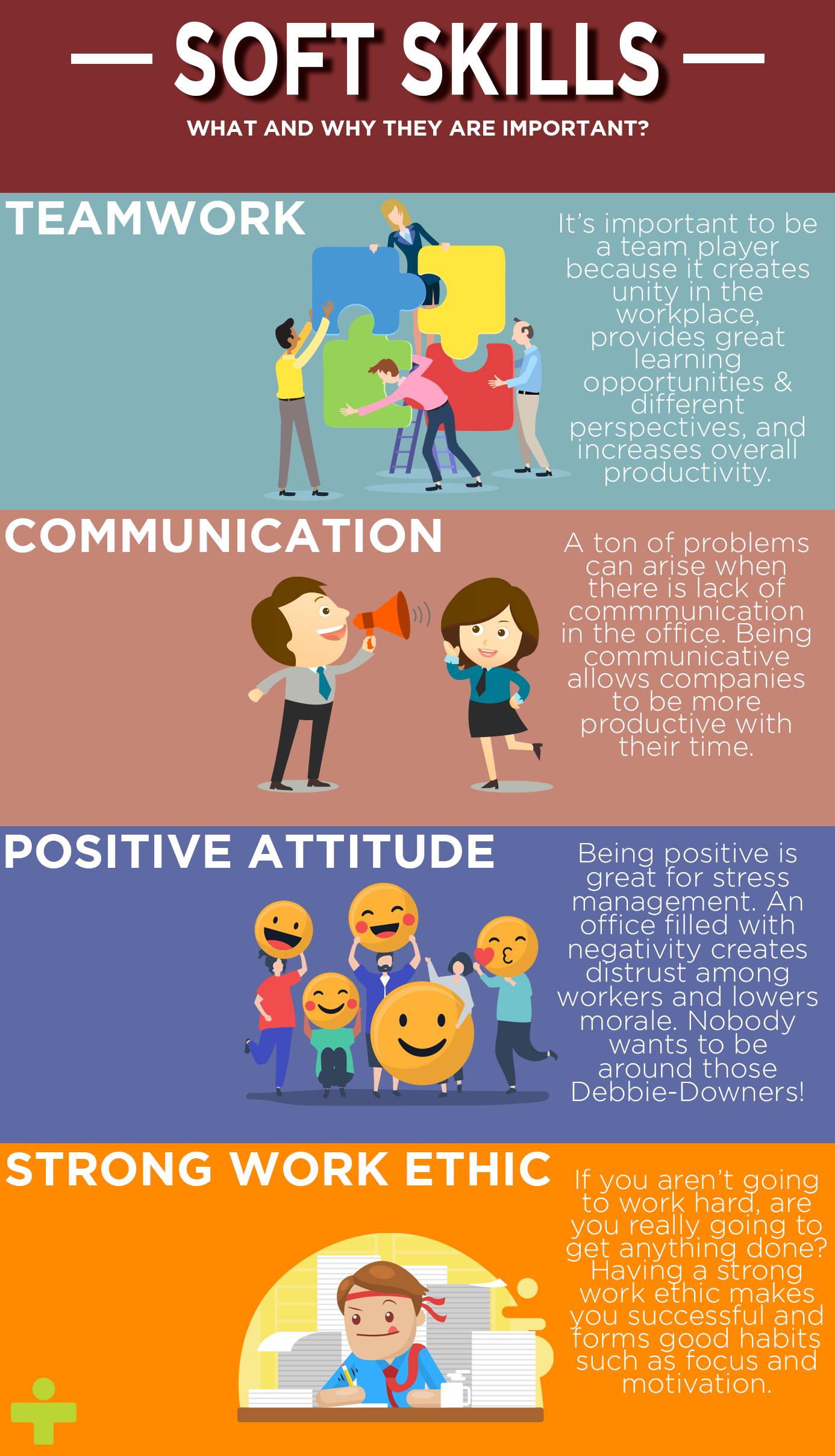
Interview Preparation: Pharmacy Technician
According to the Bureau of Labor Statistics, in 2019 there were 417,860 open Pharmacy Technicians positions. Pharmacy Technicians prepare medications with the help of a pharmacist, whether that be counting out, labeling, recording, and measuring the correct medication for each patient. Pharmacy Technician positions are one of the most common positions we staff here at HealthCare Support so trust us when we say we can help! Prepare for these questions and you’re sure to crush your interview!
Why do you want to become a Pharmacy Technician?
With this question, they are generally trying to figure out if you are passionate about the role. Think this one through because you don’t want to say what everyone else is saying. Be memorable by coming up with an original and meaningful answer.
Why do you want this job?
Don’t be one of those people that answer this question with “Because I need money” or “Because it pays well”. Explain how your past jobs relate to this role, why you would want to work for this specific company, and what you can do to positively impact the company.
Why do you want to work for this company?
Start first by telling them why you picked the pharmaceutical industry and then narrow it down to why you chose that certain company in the pharmaceutical industry. Your knowledge of the company will show here so make sure you study everything about it – from what they do, to who the CEO is, and what awards they’ve won. Try to know as much as possible about the company – this will also show how interested and passionate you are about securing this role.
How do you deal with difficult customers?
The hiring managers want to know that they can trust you to deal with customers appropriately and calmly, especially being in the pharmaceutical industry. You will get a lot of unhappy customers complaining about why their insurance doesn’t cover certain prescriptions, so prepare to share an example of how you have diffused a situation in the past.
Can you work well in a fast-paced environment?
Working in pharmaceuticals is always going to be busy and fast-paced. Hiring managers want to know if you can work under pressure with certain deadlines and if you have the attitude and strive to get certain tasks done.
What do you think the most important quality of a Pharmacy Technician is?
Be honest with this question. Come up with a good quality and then relate it back to you. For example, being compassionate is a very important quality to have, especially working in the healthcare industry. Then explain why you are a very compassionate person.
What is your greatest weakness?
This question is asked in almost every single interview. Some cringe-worthy examples are, “I work too hard,” “I care too much,” etc. Come up with something original, and put a positive to spin on it.
Congratulations on being asked to come in for an interview– you’re going to do great, just remember to just be yourself! If you’re still on the hunt for your dream job, check out our current openings here.
It’s Hurricane Season: Let’s Prepare!
It’s Hurricane Season! Let’s make sure you are prepared for it!
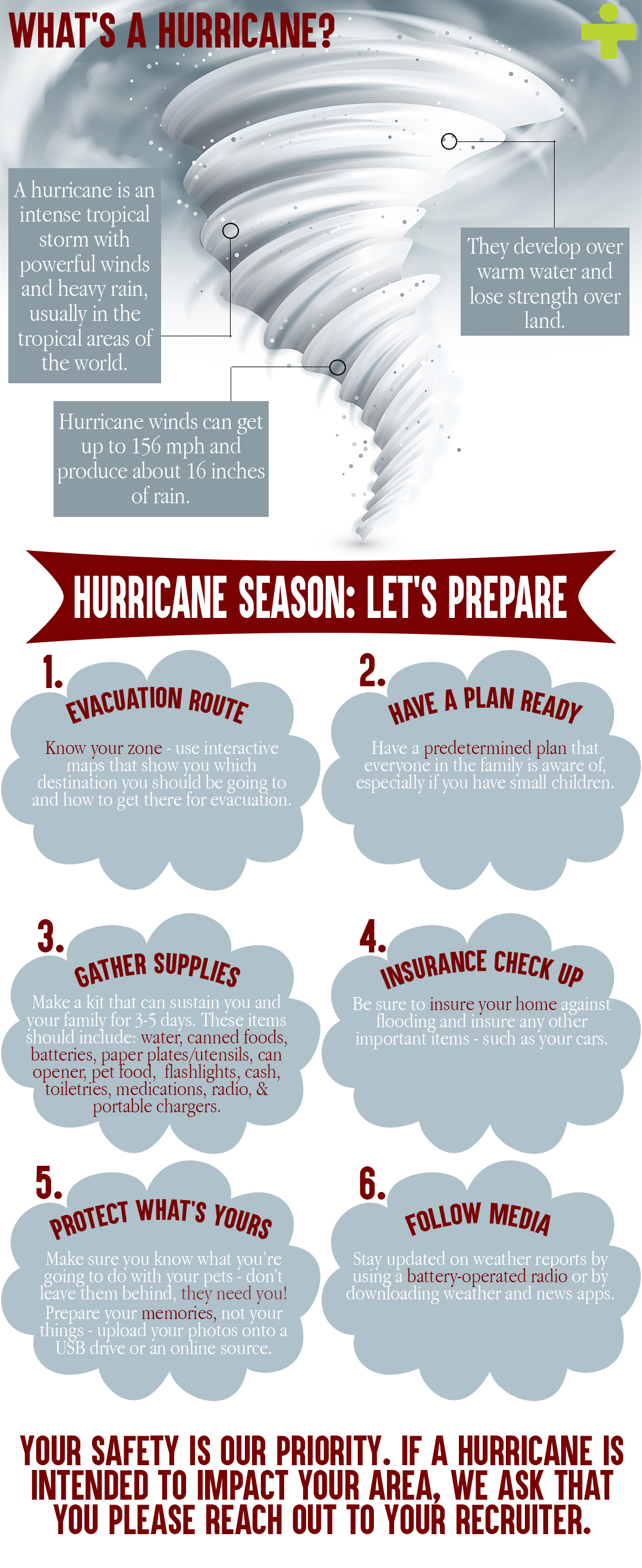
Why Exercise is Necessary for Success
Exercise is super important for productivity in the office!
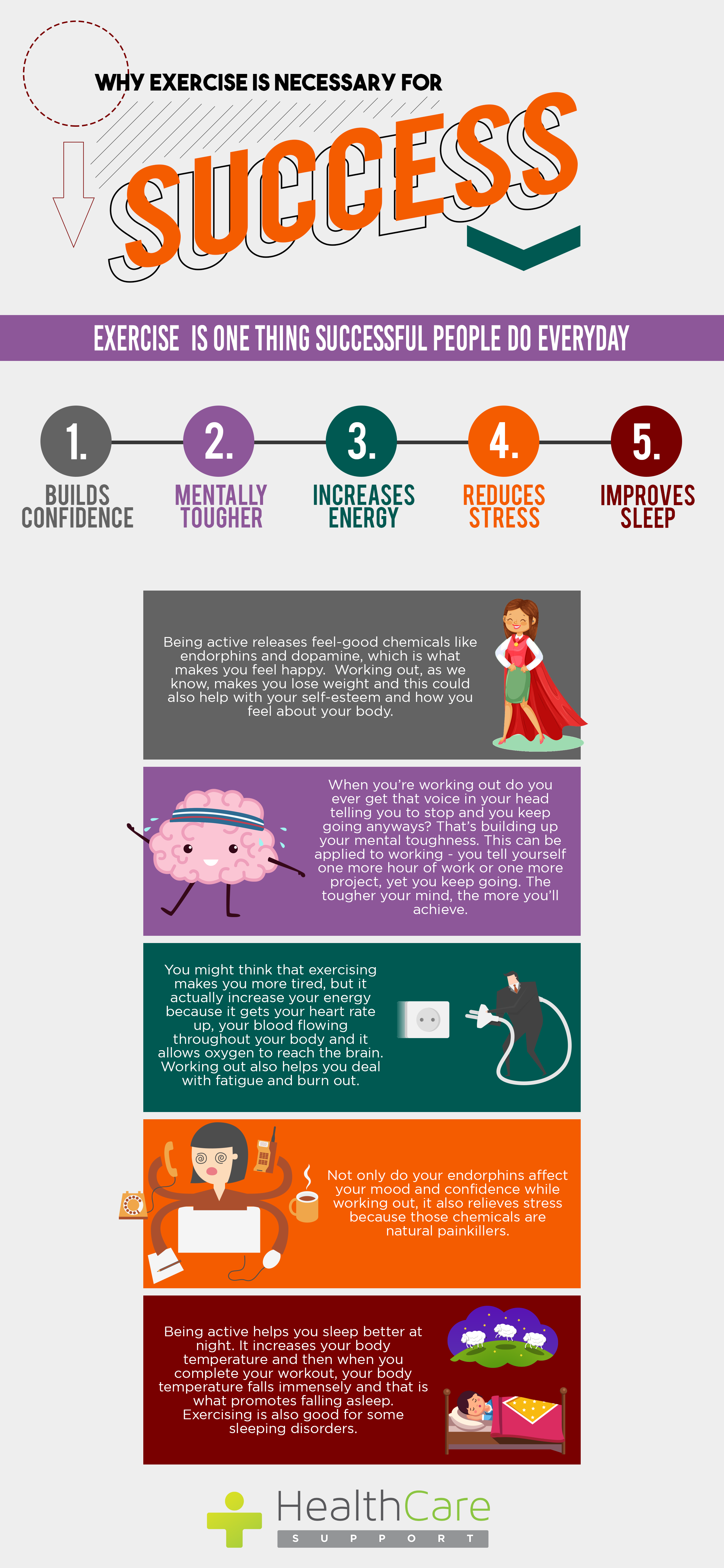
How To Keep Your Workspace Organized
There are many reasons why you should be keeping your workspace organized and clean so here are some easy tips that you can do to get your desk in a way that would make Marie Kondo proud.
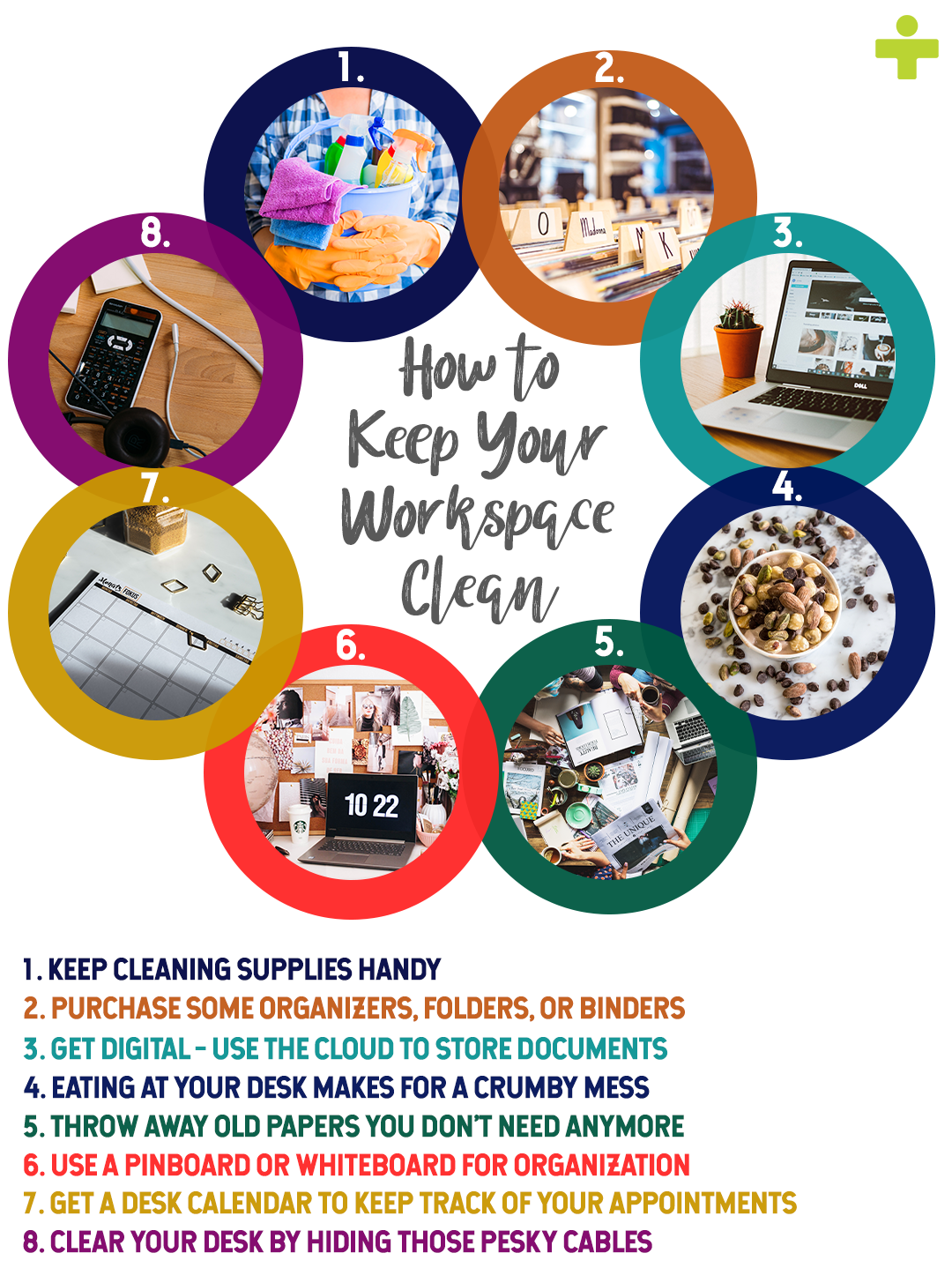
How to Work from Home Successfully
You’ve been dreaming of this day ever since you started working. That fabulous life of waking up and working in your jammies all day from your own humble abode. You get to skip out on the pesky morning traffic, your grouchy boss, those darn office politics, and most importantly, the brown colored water in your office they call “coffee”. Seems like a great way to work, right? Wrong. It’s actually way harder than it seems. Working from home is a luxury that is earned because your boss trusts you and it’s important not to take advantage of this newfound freedom.
Here is some insight on how to work from home like a boss:
Routine is Important
When you first start working from home, it can be a little overwhelming. Where do you start first? How do you prioritize your tasks? When do you take your breaks? Can you even take breaks? The best thing you can do for the first couple of weeks is develop a routine that suits you. If you get up and immediately start working, it sets the tone for the day and determines how productive you will be. Plus, if you’re up before everyone gets in the office, it gives you the chance to get ahead. If you have children that need to be picked up from daycare, write down all the things you need to get done before you leave to go pick them up. Try setting an alarm for an hour and then take a five-minute break to succumb to one of the many distractions around your house – like laundry or putting away the dishes. Get into a groove that works best with your schedule and stick to it!
Get Out of Those Pajamas!
Staying in your pajamas while working from home makes it easy to succumb to getting back into bed. Don’t be lazy – change into something you would wear if you were going into the office. Dress for success!
Take Care of Your Distractions Before You Start
Distractions. Your children, the television, your loud neighbors, the doorbell ringing, household chores, and your phone are all great examples of why it’s so hard to work from home. Take care of them beforehand. Make a point to only use your phone for work-related calls, drop your kids off at daycare, keep the television off, and do NOT answer that door! If you must, reward yourself with 5 minutes of distraction time – that is, if you get your important tasks done.
Get Your Own Office Space
Just because you’re not in the office doesn’t mean you can’t create your own workspace at home! Create an office out of a spare room in your house or if you can’t do that, find a clean, quiet space to do your work. Having your own space keeps the distractions at bay.
Work {Away} from Home
Yes, it’s called “work from home” but you don’t actually have to be at home. In fact, getting out of your house and working in libraries, coffee shops, or anywhere else with Wi-Fi, gives you the feeling of still being in a working environment, plus you’ll be in a space where the coffee is good! It also gets you away from all the distractions at home. Get out of the house – grab your work necessities and head on over to the closest Starbucks stat!
Take Many Breaks – Seriously!
If you have been working all day long without any breaks, then you’ll burn out fast. Get some fresh air – take a ten-minute walk around your house or go get a cup of coffee from a local coffee shop. Take time to recharge yourself so you’re ready to crush the next couple of hours.
Working from home is a lot tougher than it seems and it’s hard not to get sucked into all the distractions. If you’re new to working from home and you’re having a difficult time adjusting to all the distractions around you, read this article to help you stay focused.





